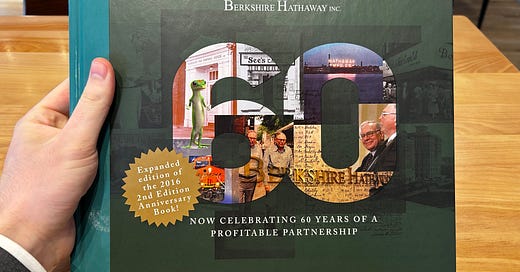Success isn’t just about intelligence — and that should excite you for the future
“Being relentless and randomly curious about everything is something that each of us can push ourselves to do, every waking hour."
There are plenty of smart people who don’t make notable achievements. Above average intelligence is not as rare as some may think.
While the intellects who make waves in society and throughout history are extremely intelligent, their intelligence only comprised part of the formula.
Often, intelligence cannot create success without creativity and invention — and those two things, unlike intelligence, are things people can work to improve at.
Consider Steve Jobs, Nikola Tesla. or Albert Einstein. Together they form a triumvirate of inimitable, towering intellect. But, again, being smart wasn’t all that made them special. Smart people are born everyday.
What pushed these three to the bleeding-edge of innovation was their imagination. Best-in-class thinkers share the unique ability to devise ideas. “Innovation,” wrote Frankenstein author Mary Shelley, “does not consist in creating out of the void, but out of chaos.”
Broadly speaking, researchers have concluded that intelligence is not something that changes over time to any dramatic degree. People can learn and increase competency, understanding, and ability, but these do not necessarily equate to any concrete change in intellect.
To me, this is actually encouraging. Sure, some like the above trio are born with sky-high intellects. But creativity fueled these individuals to such heights, and their creativity, in large part, was driven by their curiosity.
Never underestimate an insatiable, passionate curiosity. It can make up a lot of ground where intelligence may be lacking. Even the smartest person in the room will lose if they are disinterested or lack curiosity.
Consider Leonardo da Vinci, for example. The archetypal Renaissance man was prolific at just about everything. His notebooks overflowed with ideas on art, philosophy, science, and inventions.
In his excellent biography of the Italian genius, Walter Isaacson explained how it was not money or fame that motivated da Vinci, but curiosity — a driver we can all better implement. Isaacson writes:
“Being relentless and randomly curious about everything around us is something that each of us can push ourselves to do, every waking hour, just as he did.”
He adds further:
“Not all knowledge needs to be useful. Sometimes it should be pursued for pure pleasure.”
Maintaining a childlike sense of wonder can help everyone, even non-geniuses, stay perpetually on the verge of discovery. Leonardo da Vinci took notes on the anatomy of woodpeckers and the physics of flying, even though neither were necessary for him to paint the Mona Lisa.
The constant asking of questions. The enthusiasm for the tiniest happenings. The desire to seek, investigate and read. These are traits of the successful and the curious — and traits that anyone can be mindful about doing more of.
When you allow your curiosity to roam, more disciplines can excite you. You can become more receptive to new ideas and more available for personal growth. Those who can think laterally across fields of knowledge are the ones who can spot trends, connect dots, and create what no one else can see.
That spirit of intellectual adventure motivates and powers creativity. I’d argue it is primarily creativity — rather than raw intellect — that determines the big ideas of tomorrow.
Intellect is intellect, and may be beyond our control. Some people are smarter than others, it is true. But if you nurture your sense of creativity, you can build it up like a muscle. Once you can’t stop asking questions, then maybe you’ll chance upon some answers.
The exciting thing about people and the future is not that the geniuses are guaranteed to find the next discovery. It's that anyone (you and me included) can change the world, so long as they pose the right question.
I write about powerful ideas, recession-proof skills, and building a personal brand in my newsletter every week. Join 1,800 subscribers here.









